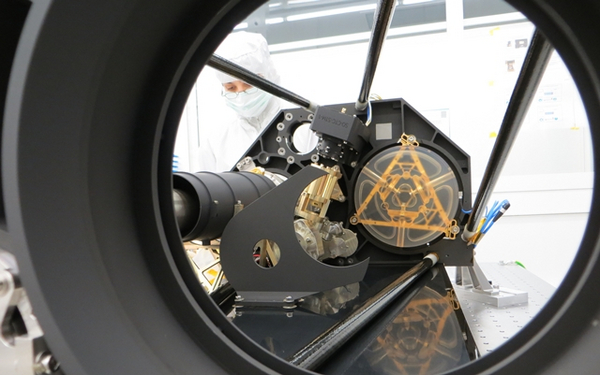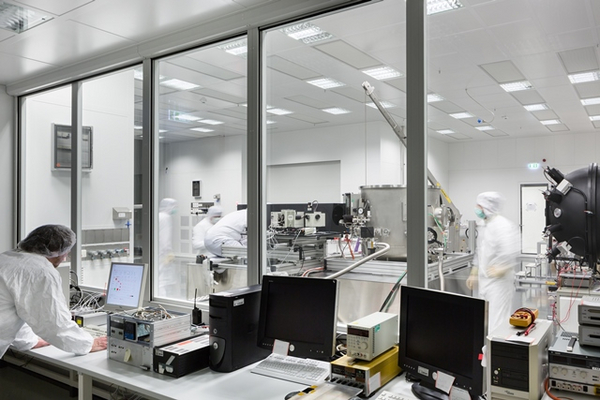Max-Planck-Institute for Solar System Research
About
The research topic at the Max Planck Institute for Solar System Research is the cosmic neighbourhood of planet Earth: reaching from icy gas planets at the periphery through to the fire breathing sun right at the core of our solar system.
The scientists at the Institute investigate these alien worlds not only theoretically by calculations and sophisticated computer simulations but also in a practical manner through sky observations with earthbound observatories.
Furthermore, the Institute is involved in numerous international space missions: The staff develops, builds and tests space-compliant scientific instruments aboard spacecraft which investigate the celestial bodies of our solar system.
The mission Rosetta initiated by the European Space Agency (ESA) to explore comet 67P/Churyumov-Gerasimenko and the forthcoming mission Solar Orbiter, a solar mission that is dedicated to approach the sun closer than ever before, serve as current examples for space missions the Institute is participating in.
Products and Services
The Max Planck Institute for Solar System Research manufactures precise sophisticated space instruments.
The staff has the required highly specialised know-how. Besides, the Institute offers the necessary infrastructure to build and test the instruments. The laboratory suite embraces cleanrooms of all classes from ISO 8 to ISO 4 over an area of 1600 square meters.
These are the so called ‘birthplaces’ of the instruments: electronic, optical and mechanical components are integrated there. Thereafter, the instruments have to prove their ability to resist the harsh vibrations during rocket launch and the vacuum and thermal conditions in space.
To this end, the Institute utilizes a vibration test facility and 19 thermal vacuum chambers. The biggest one measures an internal length of 5 metres and a diameter of 2 metres. In addition, the Institute accommodates a room to measure the electromagnetic compatibility.






